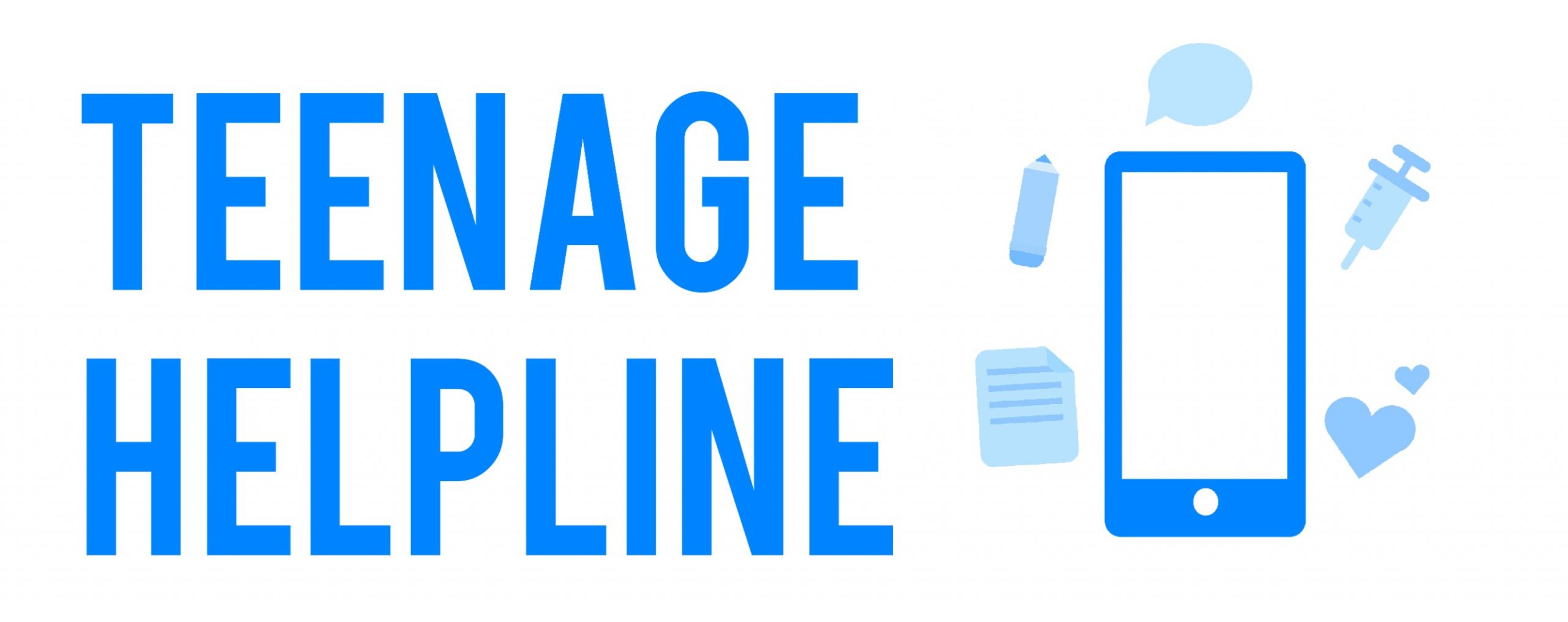Need support? ✉️ [email protected]
Building Mental Fitness during COVID-19
2 min read
Steps to develop these skills
Step One: Take the time to answer big questions
Are you considering a lifestyle change? Make sure you set aside some time to work through some of the big questions that could be bothering you and find some solutions. You could spend 15 minutes once a week writing down what stresses you out, research your next step in life or your future career opportunities or email a teacher to discuss options.
Step Two: Get productive by getting practical
During this quarantine being ‘productive’ does not mean doing everything you possibly can. Instead, it means being practical and doing what you need to do. If you need to sit in your pyjamas for the next few hours eating junk food and binging your favourite series, then you are being productive by looking after yourself.
However, some of you might want something proactive during this quarantine. Here are a few ideas:
- Set a long-term goal
- Make sure your goals are SMART: Specific, Measurable, Attainable, Relevant and Time-based
- Write down your goals – you’ll be more likely to achieve them if you make a note of them
- Put then somewhere visible – this means that you will be reminded of your goals
- Don’t rely on willpower alone as you’ll quickly run out of energy
- Celebrate your achievements
Step Three: Control your emotions
This can be done in five steps:
- Allow grieving – this is a difficult time where events that may have kept you going might have been cancelled. It’s okay to take time out to be sad and grieve for your lost memories.
- Don’t spiral – try to notice if you are falling into bad habits or feel that you are struggling. Acknowledging your emotions will help you to control them, and there are always people you can speak to if you need support.
- Manage setbacks – failure is a part of life but don’t let your setbacks define you. One of the best things you can do is get back up and improve.
- Maintain confidence – learning is the best way to maintain your confidence, but this doesn’t mean you have to learn academically. You can learn a new a yoga routine or a new language or teach your pet a trick.
- Boost resilience – create positive emotions by expressing your gratitude and celebrating your progress. Boosting your resilience will help maintain the 7 skills of mental fitness.
Common well-being suggestions
- Create a routine – these require less energy so you will be able to make the most of your time.
- Develop some hobbies – take this time to do that one thing you have wanted to do for years but never quite got around to. It could be learning a language, taking an online course, drawing or reading more.
- Stay connected – talk to the people you love regularly.
- Physical activity – spending time outside is beneficial for your physical and mental health, so try to get outside every day.
- Stay calm – this is definitely easier said than done, but panicking isn’t going to change anything. Try to stay calm and positive, and take each day as it comes.
- Be mindful of the information you read – if reading the news will make you feel stressed or anxious then don’t do it. It is also important to be aware that tabloids will exaggerate and spin information to shock readers.
Being ‘Mindful’ instead of ‘Mind Full’
Descartes nicely states the following: ‘I think, therefore I am.’
If you are ‘mind full’, you may be overwhelmed by thoughts or feel out of balance. This is completely normal, as we have a tendency to fixate on our worries and believe that our assumptions are true and valid without examination.
However, practising mindfulness is far more beneficial for your wellbeing. It can be a useful way of coping with the uncertainty of the COVID-19 pandemic. Being mindful means to be focused on the present and develop an awareness of what you’re doing.
Finally, don’t be afraid to ask for help. We are here for you, and there are plenty of other resources available too!




